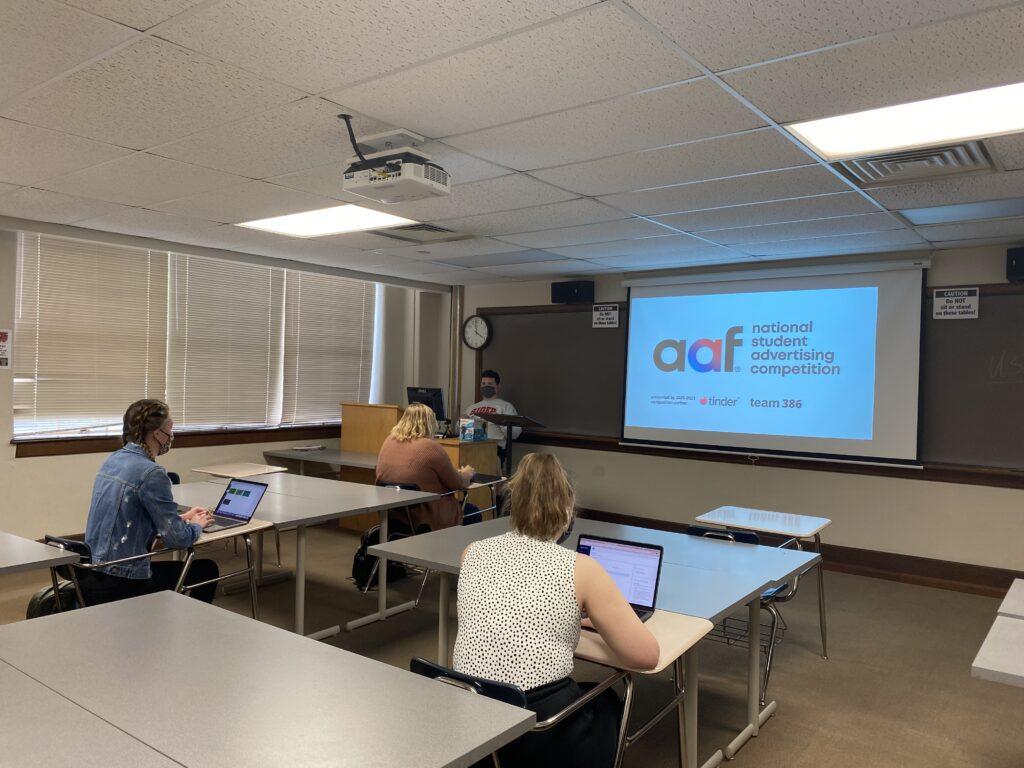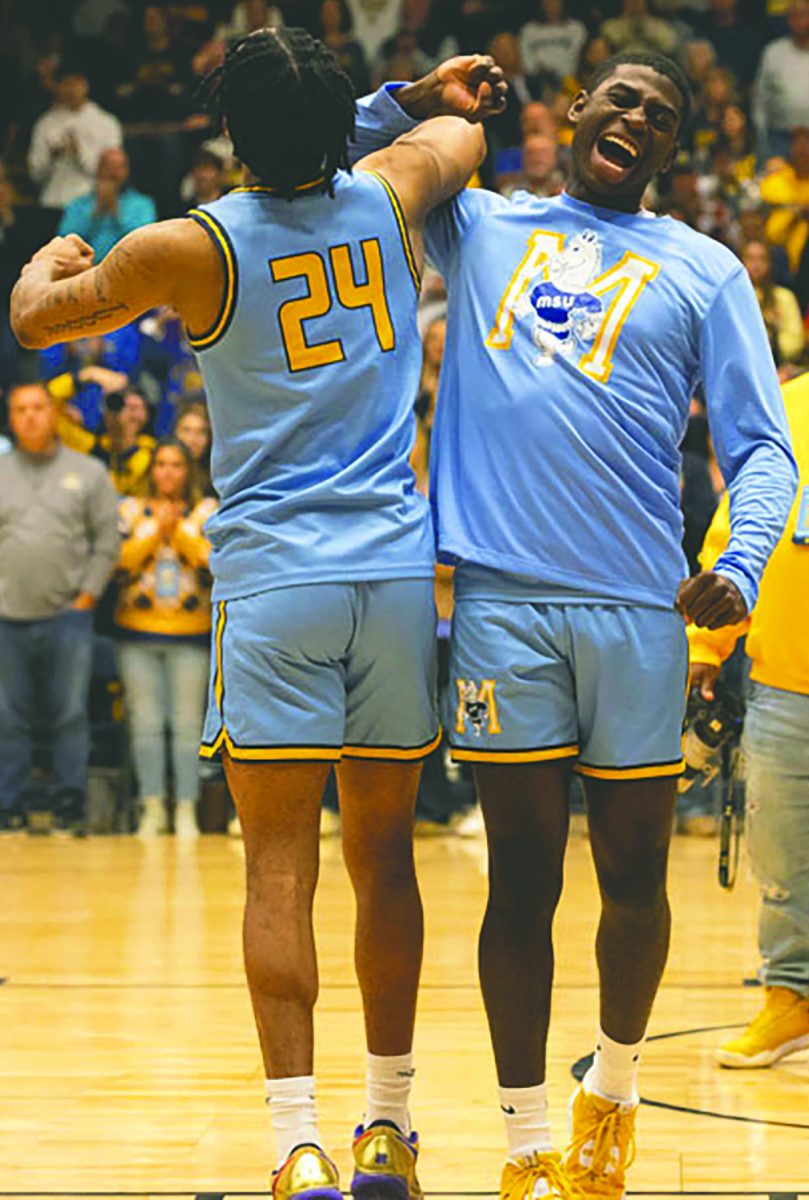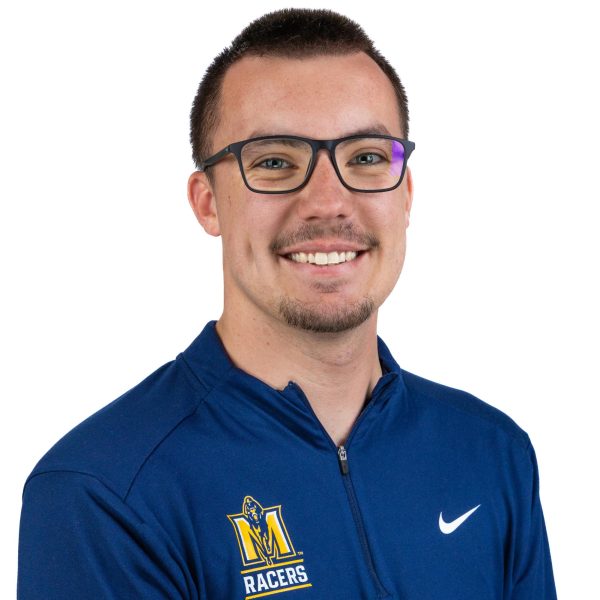Sometimes it isn’t just about basketball. Sometimes it’s about finding what comes after.
When Steve Prohm came back to coach Murray State in 2023, he brought with him an idea to start a mentorship program for his players.
“When I was up at Iowa State, I was good friends with Matt Campbell, the football coach up there,” Prohm said. “I knew he had done a mentorship for their football players. I thought it was really cool. I thought when I got another opportunity to lead a program, I was going to establish a mentorship program for my guys because I think it can be really impactful in the short and long term.”
The first meeting was set up like speed dating. Each player sat at a table with one of the mentors and got to know each other. After two minutes, the players would rotate to a different table and meet with a new mentor. It continued until each player had spoken to every mentor. Prohm said the program meets collectively every quarter, or three months.
“We do a beginning meeting in August when [the players] get to school,” he said. “We’ll do one right before the season kicks off. We do one during the season and one at the end of the season.”
Prohm also made note that the program has grown, so each player has two mentors compared to only had one last year. Prohm said it’s good for the players to be able to meet and interact with people, as well as “opening more doors” for players after their playing career concludes.
Redshirt sophomore Patrick Chew said he has enjoyed the mentorship program so far.
“[The] mentorship program has been huge for me,” Chew said. “It’s a great privilege to know so many impactful people in the community. It’s a great opportunity to get away from basketball.”
Each player is paired with a mentor that is in some way connected to what the player wants to do outside of basketball. For the past two years, Chew has been learning off the court under Scott Foster, the owner of Alliance Health Care. Chew said he knows how important it is to have people like Foster that care about him as more than just an athlete.
“It’s really meaningful to me because basketball consumes most of my time,” he said. “It’s nice to have people older than me install wisdom and knowledge about being in the community, being a father and husband one day, and having relationships that last a lifetime.”
Prohm said he recieves messages from the mentors saying how well the team interacts and responds to the advice.
“What’s really cool is the feedback I got from all of the mentors. [Talking] about how great our guys were with communicating, talking, interacting.” Prohm also hears from mentors about how some of his players have grown and matured since the mentors last saw them. Chew has his mind set on staying in basketball as a career but has his options open just in case.
“When basketball is over, I would like to either be a coach, NBA or college,” he said. “Another idea I have is to be on the administrative side of things, working for the [athletic director] or becoming one myself.”
Prohm said he wants the program to have the infrastructure to help players, like Chew, get job opportunities in the future.
“Everyone knows that first [job opportunity] is the hardest one to get,” he said. “So we’re just really building the support and the infrastructure to help these guys continue to build a strong foundation.”
Chew said he thinks younger athletes should start thinking about their future, but also enjoy the time they have before they enter the workforce.
“I would definitely say to have fun and enjoy college,” he said. “At the same time, you want to set yourself up for something after college is over, whether that’s internships or being involved in the community. Be outgoing and shake people’s hands. Make conversation with people and ask questions.”





























































































Jean • Sep 27, 2024 at 7:15 am
This is fantastic for the players, guidance, futuristic. Coach Prohm led & taught lifelong lessons in his first Murray coaching job. Kudos to him for broadening it.